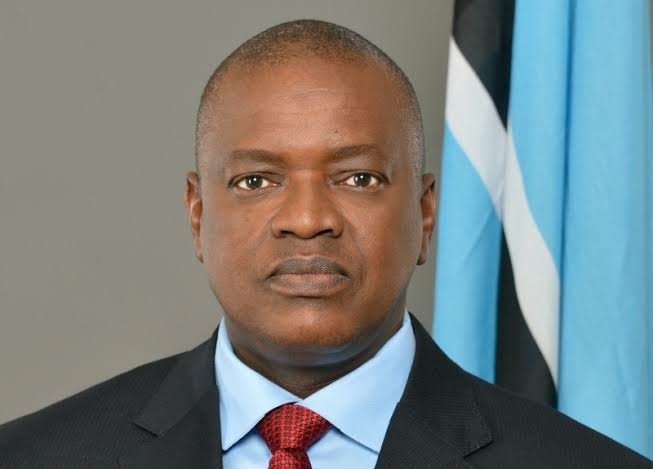Botswana’s project to launch its first satellite (BOT SAT-1), in collaboration with the Cape Peninsula University of Technology (CPUT), has been completed.
This is according to the country’s President Mokgweetsi Masisi who, in a recent State of the Nation (SONA) address, said the major component of the satellite – the ground communication station, is ready for commissioning.
“This ground station will immediately communicate with other orbiting satellites before the launch of our own satellite in 2023,” said Masisi. “Some of the key benefits from this project are water resource management, industrial development, environmental management, land management, food security and sustainable agriculture, among others.”
The government said BOT SAT-1 will give Botswana access to the global satellite ecosystem and enable research and development across a variety of disciplines.
READ ALSO:
5G won’t be enough: How are Telecom Companies Building the Metaverse with Big Tech?
South Africa Faces Another Year of Planned Power Cuts Report Shows
US Announces lawsuit launched against FTX founder and Others
“This is a huge milestone towards a knowledge-based economy,” said Masisi.
In 2016 the UK-financed Newton Fund Project nominated the Botswana International University of Science and Technology (BIUST) to host the project’s radio-astronomy training facility.
In 2015 Botswana joined the Project, alongside Kenya, Namibia and Zambia, in order to train researchers in radio astronomy, ahead of the Square Kilometre Array (SKA) initiative.
Developing science and engineering capacity in radio astronomy forms part of a global effort to ensure optimum use of new observatories deployed through the African Very Long Baseline Interferometry Network (AVN) project.
AVN is an array of radio telescopes throughout Africa and serves as an extension of the existing global Very Long Baseline Interferometry Network (VLBI) established to modify existing but redundant satellite telecommunication dishes.




